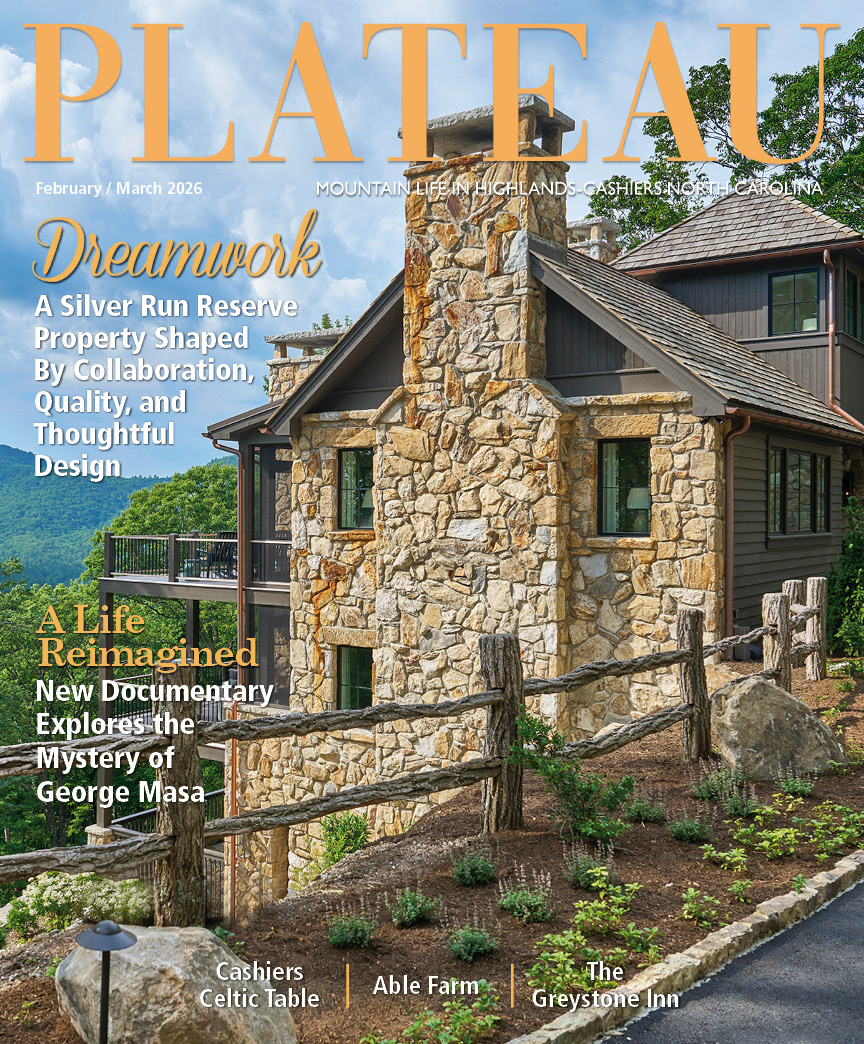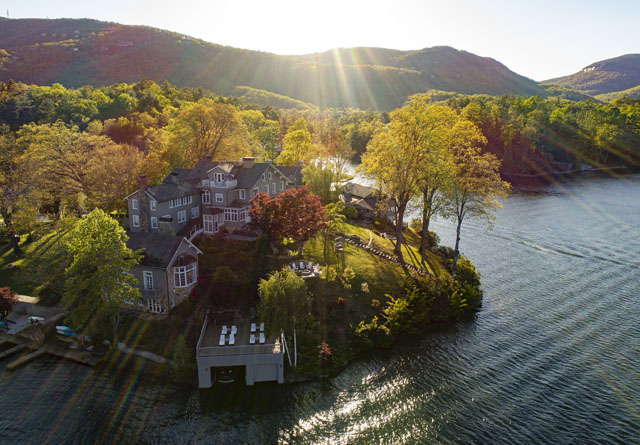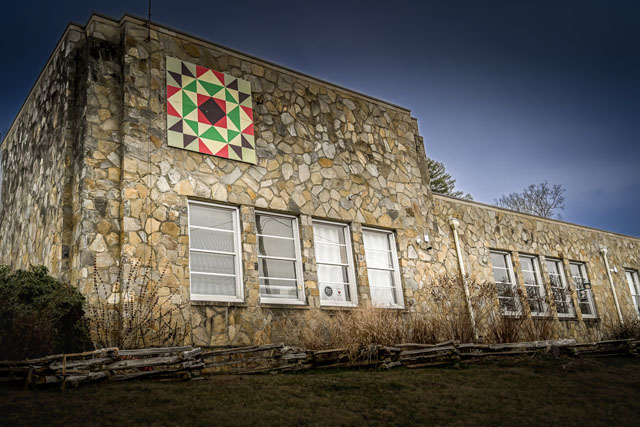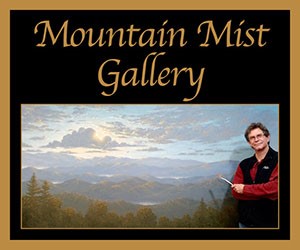Affrilachia – Testimonials
04 Feb 2025
A review of Chris Aluka Berry's new book on black communities in Appalachia
Feb-March 2025
Written By: KATHRYN SMITH | Images: Chris Aluka Berry
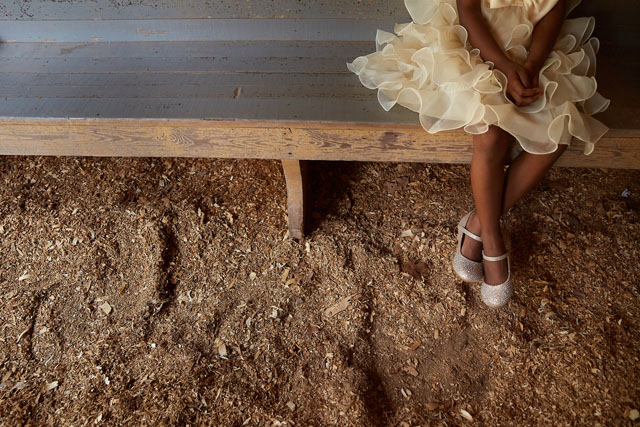
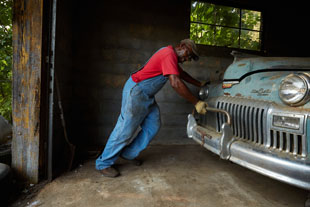
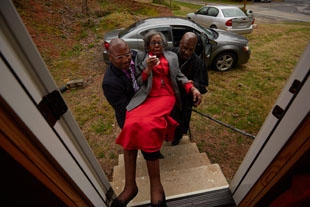
Stereotypes of Appalachia are common. I grew up in South Florida, the daughter of two Western North Carolina natives. In 1960, a few miles from Miami Beach, we watched television sitcoms that routinely characterized folks from this part of the world as amusingly backward and undereducated, living in a remote rural world but of curious, good character. They included The Andy Griffith Show, The Beverly Hillbillies, Green Acres, and Petticoat Junction. My mother bristled at the word Hillbilly and taught us that her kin were mountaineers, mostly college educated and not stereotypical.
In Plateau Magazine’s quest to recognize February as Black History Month, I discovered a beautiful book by an inspired photojournalist, Chris Aluka Berry. I learned about Affrilachia, a word created in 1991 that encompasses the experience of Black communities in Appalachia. (Today, poet Frank X Walker’s neologism is included in the 2nd edition of the Oxford English Dictionary.) When my copy of Berry’s book arrived, I could not put it down.
When he began his project, Berry's goal was to document Affrilachia today with the same pride my white mother possessed for her roots. But, as importantly, he educates us about the very existence of this community that has been overlooked so often and for too many years. With a sensitive eye, he spent years capturing the essence of small historically Black communities whose ancestors helped sculpt the history and trajectory of the region over hundreds of years. And, like many from the area, they have watched their offspring migrate across the country in search of economic and cultural opportunities, decimating their ranks.
The images are captivating and beg to be revisited. Narratives from residents Berry interviewed and from writers Kelly Elaine Navies and Maia A. Surdam help us understand and embrace this unique population's memories, hopes, and aspirations. It becomes clear that their stories must be included to understand Appalachia fully.
Berry quickly learned that time was running out for some of his most treasured subjects to share their oral history so that he might commit it to his curation. His first interview in the spring of 2016 was never to be. Ms. Mae Louise Allen, the matriarch of her Cullowhee community whom Berry met at a church service, passed away before he could return for their scheduled meeting. But the photo he took of her being graciously carried into the Mount Zion AME Church for what would be her last Easter Sunday service is now a profoundly moving artifact.
The book recounts the family and community histories that go back hundreds of years with genealogies that include enslaved ancestors and relatives who navigated the Jim Crow era to acquire land, build businesses, raise families and nurture congregations.
Renowned writer Kelly Elaine Navies, who currently coordinates the oral history program at the Smithsonian National Museum of African American History in Washington, DC, contributes a brief history of her own family’s time in Affrilachia. In the late 1940s, in a one-room, all-Black schoolhouse in Mars Hill, NC, her mother learned to read and developed a love for education, leading to advanced degrees from UC Berkley.
Navies’ mother’s stories inspired her to return to the region and learn more about her maternal roots. She discovered that her ancestors dated back to the late 18th century and that experiences were varied. Some of her ancestors had been enslaved, but others lived free, even before emancipation. They forged relationships during a time when race relations were fraught with tension and legal barriers. She understood that her people’s history in the region is largely misunderstood in and away from the Blue Ridge Mountains. Like Chris Berry, she knew how important it is to bring light and understanding to this population.
Maia A. Surdam, Program Director at the Partnership for Appalachian Girls’ Education (PAGE), was the conduit that brought Navies and Berry together. PAGE is a program that engages its students with scientists, artists, and oral historians who demonstrate the many career opportunities they might not otherwise be exposed to. Surdam launched the oral history portion of the program in 2018 after teaching college-level courses in U.S. history, writing and oral history at several institutions, including Mars Hill University.
Surdam had invited Navies to speak to a group of PAGE girls at the historic Mars Hill Anderson Rosenwald School in 2021—the once one-room schoolhouse where Navies’ mother had learned to read decades before. The two women inspired Berry with their love for Appalachia and Affrilachia and ultimately served as narrators for his photographic compilation. The result is a visually stunning and historically significant transformation of oral history to permanent documentation. Plateau Magazine has provided the Highlands and Cashiers libraries with copies to share with the community. The Cashiers Historical Society is hosting a talk with Berry at 3 pm February 26 at the Albert Carlton-Cashiers Community Library. For details, visit CashiersHistoricalSociety.com.
Chris Aluka Berry is a self-taught, award-winning documentary photographer who grew up in South Carolina. As the son of a White mother and Black father, he is informed by the complicated journey of interracial family life and brings this to his work. Today, he resides in Marshall, NC.
Visit AlukaStoryTellingPhotograpy.com to see compilations of his photography in ongoing thematic series.



